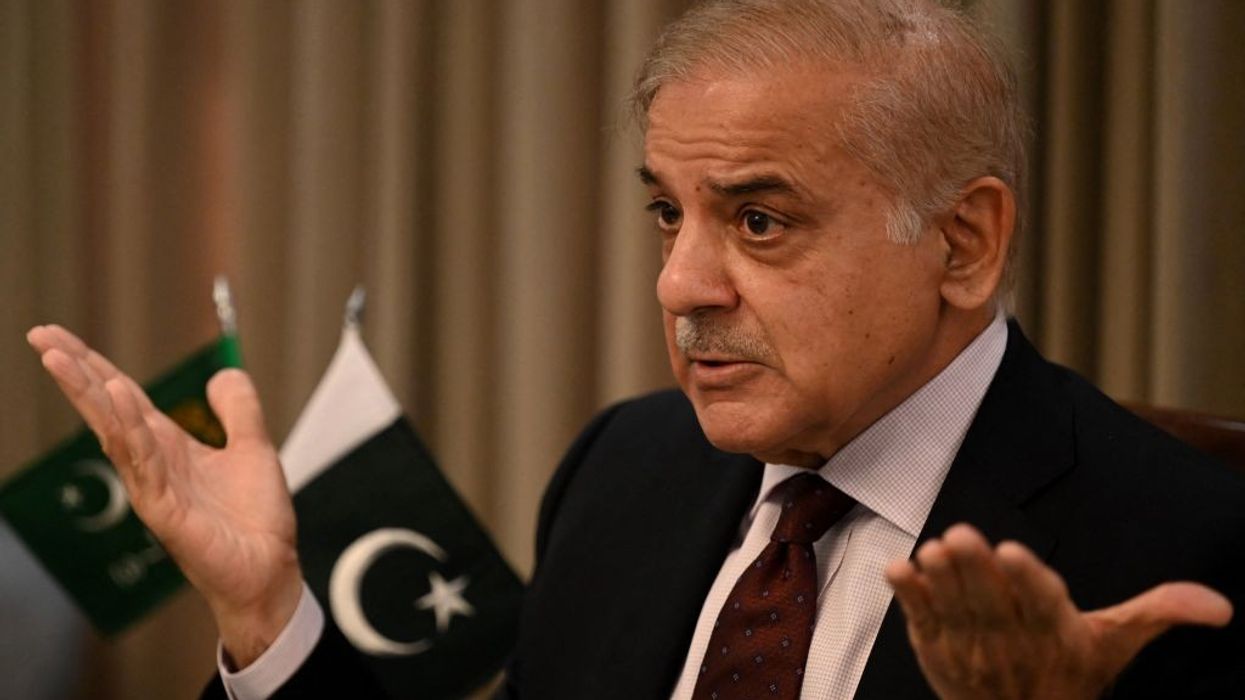PAKISTAN prime minister Shehbaz Sharif said he would advise the president to dissolve parliament late on Wednesday (9), setting the stage for a national election as the country grapples with political and economic crises.
The parliament's five-year term is due to expire on August 12, but this move would dissolve it three days earlier.
"I will tonight advise the president to dissolve the parliament," the premier told parliament. He said he would start discussions with the opposition leader on Thursday (10) to pick a name from candidate lists of both sides to nominate as caretaker prime minister.
Sharif's recommendation has to be endorsed by president Arif Alvi and the election held within 90 days under the supervision of a caretaker government.
The vote, however, could be delayed several months with the election commission set to start redrawing hundreds of constituencies based on a fresh census.
Analysts have said any delay in the election could fuel public anger and add to uncertainty in the nuclear-armed nation.
The last general election in July 2018 was won by the party of cricketer-turned-politician Imran Khan, who was sworn in days later as prime minister for the first time.
Khan has been at the heart of political turmoil since he was ousted as prime minister in a no-confidence vote last year, raising concern about Pakistan's stability. He has since been convicted and jailed in a graft case, following which he has been barred from taking part in any election for five years.
Khan has accused the powerful military of being responsible for his ouster. The military has denied the charge.
Khan was replaced by Sharif, who has been grappling with a debilitating economic crisis and historically high inflation levels as the government implemented painful reforms to secure funding from the International Monetary Fund (IMF).
In addition to the legal issues that could crop up if the vote is delayed, the side-lining of Khan, the country's most popular leader according to polls, will cast doubt over the credibility of the elections.
(Reuters)
Pakistan parliament to dissolve to set stage for election
National election should be held within 90 days under the supervision of a caretaker government




